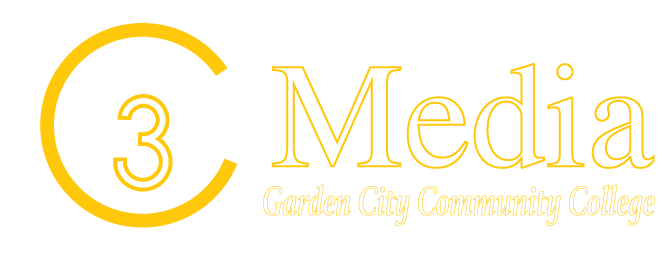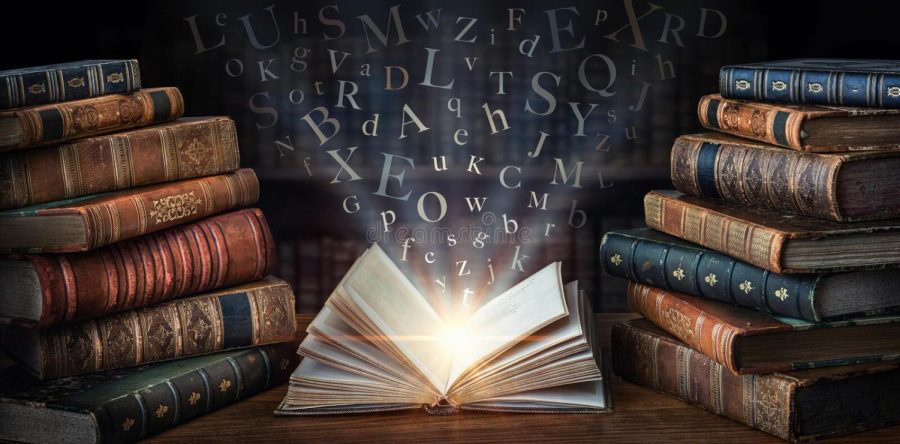U.S Districts and Banned Books
February 24, 2022
The idea of book banning is to censor content that officials object to due to their content, ideas, and themes. Many student leaders have fought book banning laws to create a more inclusive learning environment for students. Many books that are banned have much to do with racial, social, and sexual injustices. A variety of states have banned books that focused on sexual and gender identity, others banning books that focus content on slavery and other racial injustices. Many books such as war crime books such as the Holocaust are banned from schools for slurs and nudity. Books are not only being banned in schools, but many libraries are fined for carrying books of difference. It is argued that the legislation should not create laws against what we can and cannot read. It is argued that banning books is a violation of our rights.
There can be a shared understanding that parents may not want their children seeing nude photos or learning slurs. Though it is hard to excuse the idea of limiting American history and social issues that are being dealt with to this day. We can question why students and the public are not allowed to read and learn about the harsh realities of society in the past and in the moment. A famously renowned book and show “13 Reasons Why” has been banned for the idea of corrupting the youth, defying family values and organized religion. Though it can be argued that learning about sexual gender and identity does not influence these ideas. It should be recognized that feeling and understanding sexual difference is not a crime and should not be suppressed by the legislation. Author Angie Thomas of “The Hate You Give” has been banned as optional reading in many schools due to an idea of “Anti-Policing” and profanity. These ideas should not be a factor in banning books; it is important for students and the youth to begin thinking for themselves without being influenced into believing what is taught. It is important for the youth to learn these ideas and create their own personal opinion with all information they receive rather than the limited information that is being taught.
Banned books has been an issue in the past and is an upcoming issue now. Many would describe banning books as a violation of rights, and others may define this action by limiting information to continue a perceived view of the government. Though it is understandable that nudity and slurs should be refrained from the youth, the justification for banning books of native and ethnic history as well as sexual identity is questionable. When asked how it feels knowing that the classic books our generation were taught to learn, Kayden Rodgers (GCCC Freshman) explained “It is weird, what are they learning then?”. Alexis Maestretti (GCCC Sophomore) explains that these books she was taught that involved racial injustice, sexual identity, and social problems plays a key role in understanding our background and how far we have come. Maria Garcia (GCCC Freshman) explains, “It makes me mad… What are kids going to think now?” when talking about not learning black or native American history. During this discussion, it is profound that the classic books that involve social issues are important for kids to learn, and the government has no place in deciding what we can and can’t read. Kayden Rodgers explains how she understands if parents wouldn’t want their kids to read certain things especially if too young, but it should never be a law that these books should not be read/taught. Alexis Maestretti expressed that most Black and Native American history that she knows today “I taught myself through books”. She also expressed that relying on news or social media should not be the only source to learning information because it can be corrupted or fake news. Kayden and Alexis explained that reading books is an essential source for kids and students to learn history from many perspectives. When discussing sexual gender and identity books Alexis Maestretti explained that these books “do not influence a change in sexual identity but a deeper understanding. These books could help someone who is struggling with their sexual identity to realizing that being different is not wrong”. We should urge everyone to rush to their nearest library and read what is being hidden. In the last words from Maria Garcia, “BOOKS SHOULDN’T BE BANNED!”.
Short List of Banned Books:
To Kill a Mockingbird
1984
Fahrenheit 451
Harry Potter and the Deathly Hallows
Harry Potter and the Philosopher’s Stone
Harry Potter and the Prisoner of Azkaban
Harry Potter and the Goblet of Fire
The Hunger Games
The Diary of a Young Girl
The Handmaid’s Tale
Holes
Of Mice and Men
The Adventures of Tom Sawyer
The Perks of Being a Wallflower
Civil Disobedience
The Lottery



